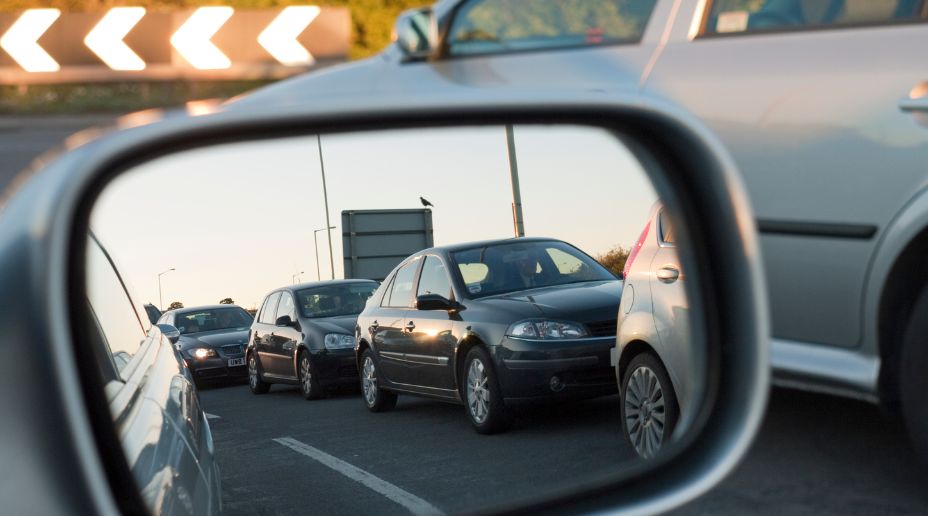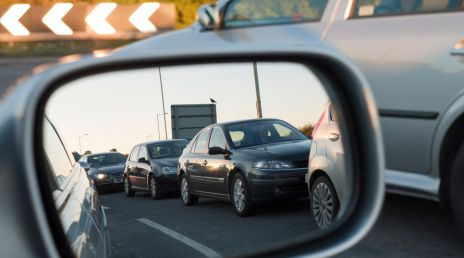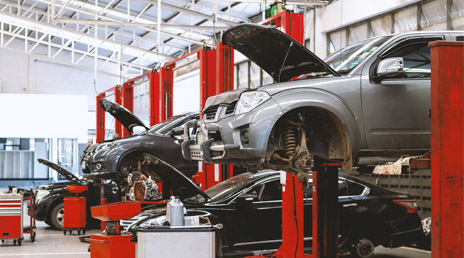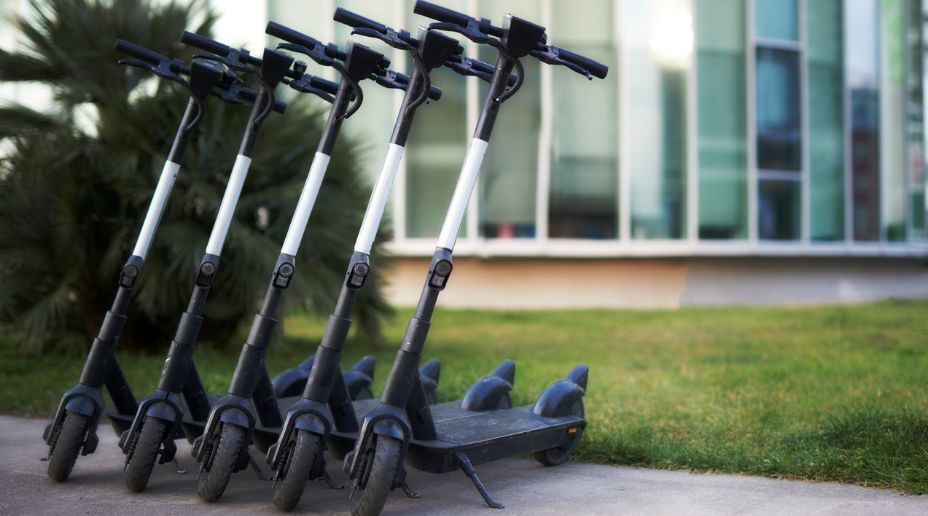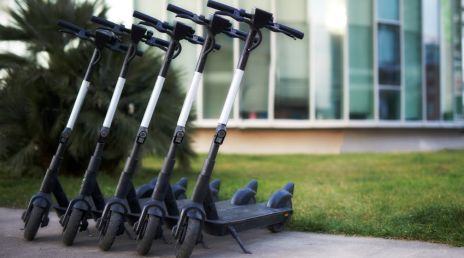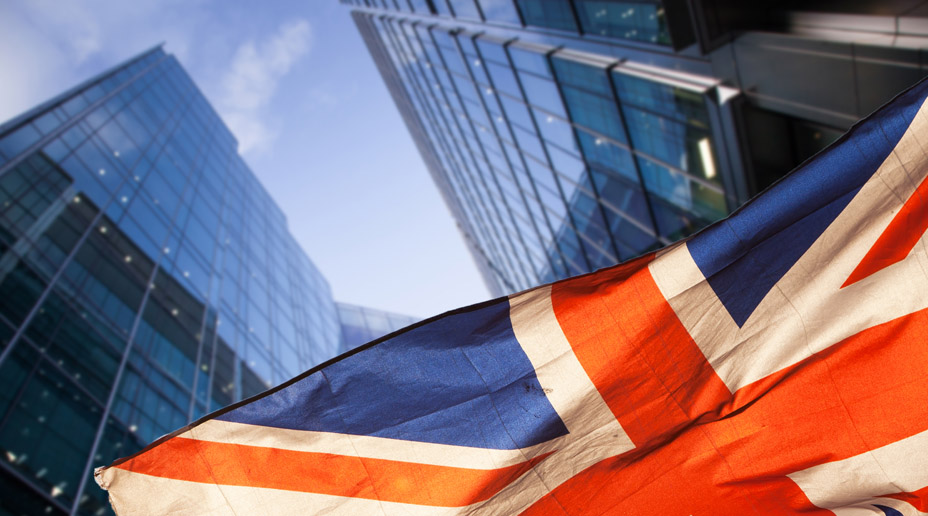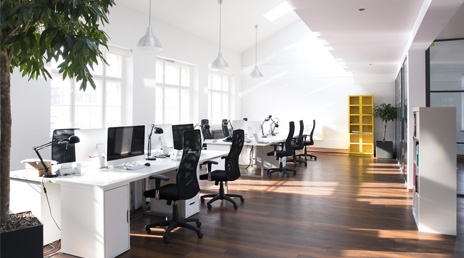An increasingly digital world has inevitably given rise to many new security risks, such as the threat of cyber attacks and data theft. Such events can have serious consequences for both large and small companies, including business interruption, financial loss and reputational damage. Any business needs to pay heed to such perils and take appropriate steps to mitigate these.
However, in focussing attention on online threats, businesses need also to ensure they are not taking fewer precautions when it comes to physical security measures, as mounting evidence suggest that these remain as important as ever.
The 2017 Commercial Victimisation Report (CVS)[1] from the Home Office showed that whilst there were approximately 38,000 incidents of online crime per 1,000 premises in the manufacturing sector, this compared to 18,299 instances of theft. The same report revealed incidents of assaults and threats in the arts, entertainment and recreation sector were almost five times more likely than online crime. It’s clear there’s still very much a need to think about security measures for the physical world.
As criminals continually develop new, innovative ways to overcome technological advances, many people are looking to more traditional security methods to keep lawbreakers at bay. For example, the motor fleet and trade sectors are seeing a return to customary measures, such as the use of mechanical steering and handbrake locks.









